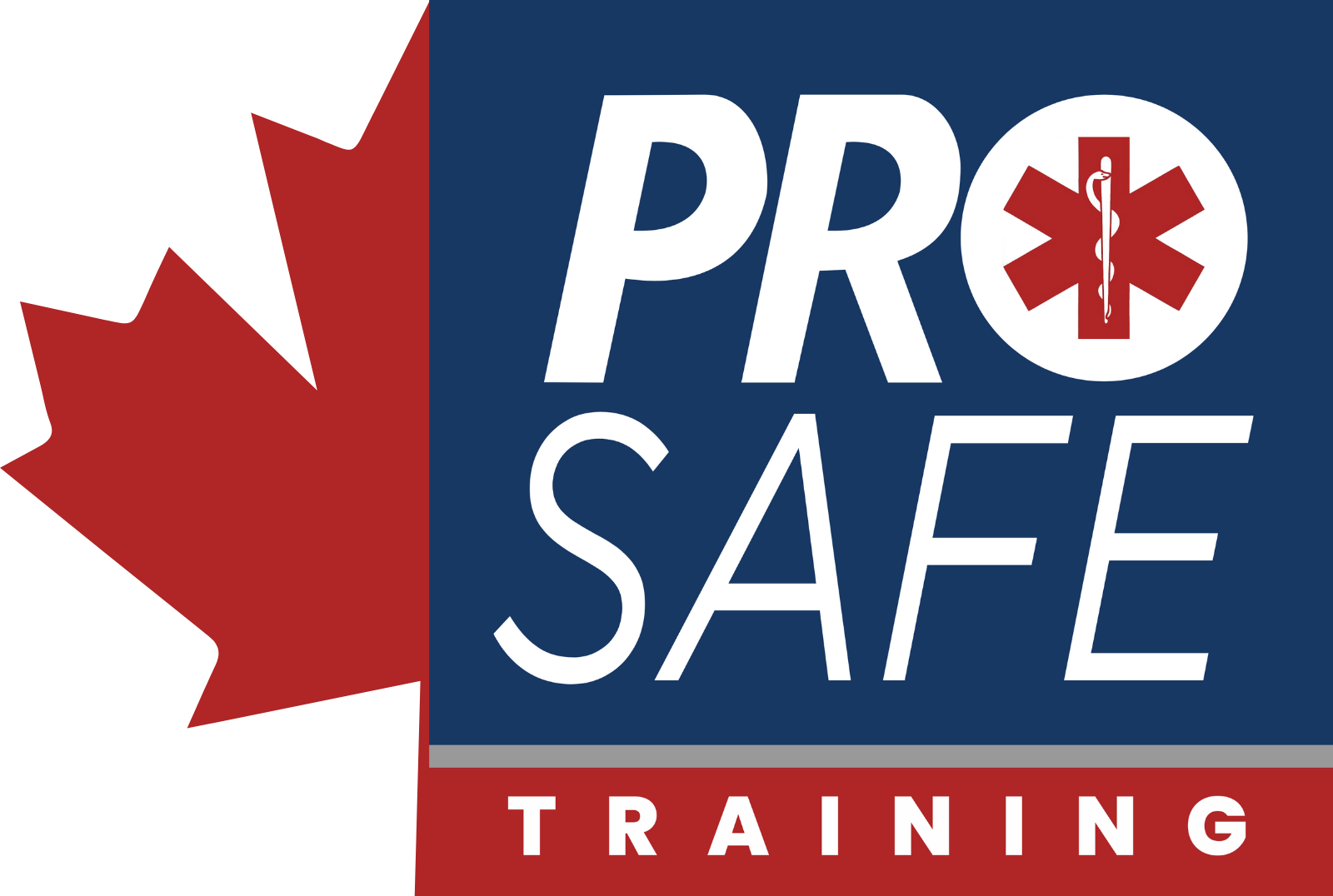Keeping Up With The Field: Why First Aid Recertification Is So Important

The medical field is known for its rapidly evolving techniques and technology; making any comparison between contemporary practices with those from only a few decades ago a generally fruitless exercise. This evolution does not only occur among medicines and instruments – some of the most basic First Aid procedures experience alterations at the same swift rate. Developments in one area can inadvertently lead to changes elsewhere, which ultimately propels the field forward as a whole.
A pertinent example of how First Aid practices can quickly change occurred only ten years ago, when the American Heart Association re-configured their CPR guidelines. While traditional CPR would follow an A-B-C order, where the emphasis is placed on providing patients with airway and breathing care prior to any chest compressions, the new rules instead pushed a C-A-B arrangement, where much greater emphasis is placed on compressions.
The logic here is simple: humans are able to function without breathing for a significant period of time. In these circumstances, the lack of blood flow resulting from a cardiac arrest is a much more urgent matter, and so compressions should be performed first. With this seemingly simple exchange of priorities, the AHA saved lives and re-shaped how CPR is taught.
This case brings attention to the importance of First Aid recertification. The majority of the programs offered at ProSafe only offer certifications for a fixed period of time. Red Cross First Aid, Worksafe BC Occupational First Aid, and workplace safety programs like Traffic Control Person (TCP)/Flagging all require retraining after a period of three years.
Since programs change so quickly, this expiry date is a measure that helps guarantee that those who need the training are able to use it at optimal capacity when the time comes. The techniques that are taught in a classroom in 2020 could easily be written off as being impractical, or even unsafe, in 2023. The time needed to recertify is generally shorter than the full initial program, and can ultimately pay off by saving lives.

When debating the merits of repeating a course, remember that the majority of the population is likely to forget information given to them several years in the past, particularly when they have not had to supplement it with physical action. Regardless of whether or not the program has gone through any impactful changes, re-certification is essential as a general refresher and memory boost.
If you currently hold a valid certification, be mindful of its expiry date. ProSafe offers shorter courses at reduced prices for those who sign up for re-certification while their ticket is still unexpired. Once that date passes, you will be required to retake the full program again to maintain your certification.
Just as A-B-C has become C-A-B, a broad variety of elements within all First Aid programs have the potential to change over time. Re-certification helps ticket-holders keep up with the newest life-saving techniques, and also ensures that the programs’ teachings remain fresh in their minds. Learning and medical advancements are both ongoing processes that require attention.
